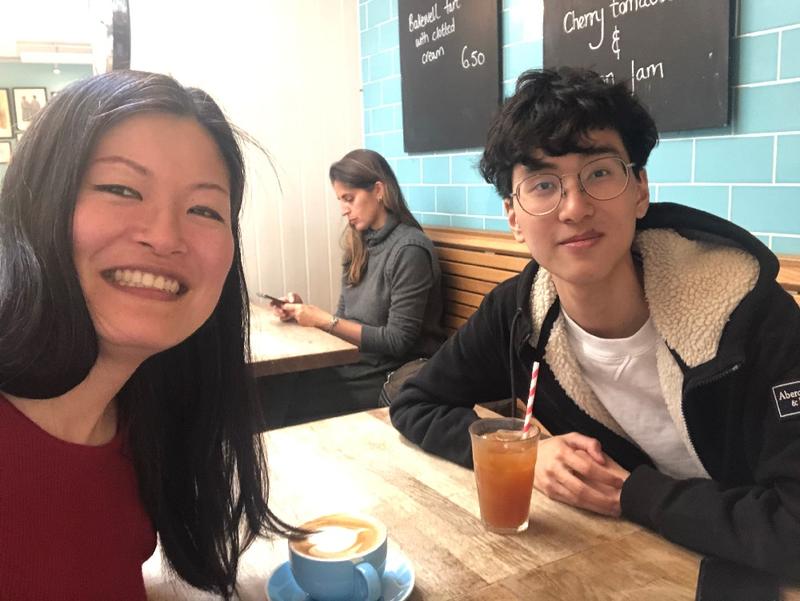A conversation between Jennifer Wong and Eric Yip, The National Poetry Competition 2021 Winner.
JW: Eric, congratulations on winning this year’s National Poetry Competition: the youngest winner and also a winner who grew up in Hong Kong! I’m so glad that your poem about your relationship with Hong Kong has brought the city to so many readers, even for those who have never set foot in Asia.
EY: Thank you so much! It’s an honour to be having this conversation with you.
JW: So many people are in love with your poem ‘Fricatives’, which seems to me to pivot around the idea of home. What does home mean to you?
EY: I think home is such a potent concept. I like to think of it as a place we’d like to return to. It’s more than a physical location certainly. I guess to a certain extent home moves with us, and we remain tethered to it one way or another. I’m thinking of Sarah Howe who wrote, ‘Something sets us looking for a place. Old stories tell that if we could only get there, all distances would be erased.’ That ‘place’ is home for me.
JW: Do you think you’d still write about your ‘original’ home in your future work, or is it a past that you are leaving behind?
EY: I think it’s impossible for me to leave Hong Kong behind. So much of poetry is an interrogation of the past and how that past informs the present. My experiences growing up in Hong Kong greatly influenced how I see myself and the world, and I don’t expect those influences to fade anytime soon.
JW: I’d love to find out more about you as a poet, how you see or experience poetry, what sort of space you claim as a diasporic poet.
EY: I’ve been thinking more about this, more specifically the role poetry plays in our lives. I’ve been reluctant to call myself a ‘poet’, because it always felt too elevated, too removed from daily life. Sometimes I’m afraid I’m taking myself too seriously. In the end, poetry is just words on a page, and no amount of literary embellishment will change that. But when ‘Fricatives’ came out, I received so many messages from people telling me how deeply the poem affected them. One of my university friends told me they cried reading the poem. That’s when I realised that it was never really about me. The emotions you provoke, the questions you ask—those are the things that survive. That is what people will remember, and I’m perfectly content with that. I could label myself, but ultimately I hope my writing finds a home in whoever cares enough to read it, diaspora or not.
It’s easy to be ashamed of art’s helplessness in the face of so much suffering, but I firmly believe every act of personal creation, no matter how small, is part of what makes us human.
JW: I’m intrigued by the fact that you are so assured in your writing and experimentation with forms and voice, even though you did not take literature in your A-levels. Can you tell us more about how you have become a poet? What brings you to poetry in the first place?
EY: I started reading and writing poems around two to three years ago. Poets I first read include the Romantics, Edna St Vincent Millay and the likes of Robert Frost, Auden, Plath etc. It’s difficult to pinpoint exactly why I started writing poetry. There was something about its urgency and candidness that appealed to me. Thinking of it now, the fact I couldn’t take English literature in my secondary school may have helped me, because I was never forced into a regimented and overly clinical view of poetry. When I was in secondary school, I hardly told anyone about my pursuit of poetry. It was my most private hobby, and when I did tell others, I was mostly met with confusion (“Oh, so like Shakespeare?”). I think reading contemporary poetry was what convinced me to keep writing. It made me realise there was a place for someone like me.
JW: Who are the contemporary poets you find strength from?
EY: There are far too many to name here, but some of my favourites include Ocean Vuong, Victoria Chang, Linda Gregg, W. S. Merwin, Timothy Liu, Mary Jean Chan etc. It’s difficult to articulate why I like the poets I do, and in reality I enjoy and admire most poems I come across.
JW: Your poem is a fascinating case of the relationship between the poet and the reader. While people who know Hong Kong well will definitely be able to read between the lines to glean the contextual meanings. What do you think is expected of a reader?
Caroline Bird once mentioned that the poems in her book In These Days of Prohibition are ‘true but contain no facts.’ It is possible to stay true or authentic without getting weighed down by the factual or the autobiographical. I think that’s the kind of truth I’m after. It’s not so much autobiographical truth that we need to nail down, it’s a more transcendental, intrinsic truth we want to capture, interpret or approximate.
Of course, one can’t help but feel exposed when people start inferring autobiographical elements from your work. This was especially the case for ‘Fricatives’, where many people linked the speaker ‘I’ directly to me, the author. When I write, I enter into a contract with the page, which allows me to be as vulnerable and honest (honest in the truthful sense as mentioned above) as I need to be. Will the knowledge of a potential audience change that? This is something I’m still trying to figure out.
JW: What marks a good poem for you?
EY: A strong poem should have a touch of magic, something that intrigues us. There will be something beneath the poem that refuses to completely reveal itself. I know very little about criticism, but I think there’s a William Empson quote about this: “You must rely on each particular poem to show you the way in which it is trying to be good.” I try to employ this principle whenever I read, not only because it’s more enjoyable, but also because I think it’ll make me a better poet.
JW: Your poetry confronts social taboos, and by that I also mean the way you explore sexuality and gender in your winning poem. How do you approach this subject matter? How do you want it to be read?
EY: When I wrote this poem, I didn’t think anyone would read it, which is part of the reason why I felt comfortable tackling those themes. I would say the sexuality aspect is absolutely essential to ‘Fricatives’. Even if I’m in no position to expound my intentions, I was disappointed that it was glossed over or made fun of by some readers. I think it’s difficult for people outside of the LGBTQ community to fully comprehend the extent to which queerness influences one’s life. I also found it interesting that many readers perceived the sex scene through a very heteronormative lens. A few commenters even suggested that the inclusion was ‘pandering to Western tastes’, a claim so absurd and illogical it’s almost amusing. I’m not disheartened though. There are so many ways to examine sexuality and gender in relation to other facets of identity and society, so I’ll definitely keep writing about these topics.
JW: Do you share your work with your family? How do they see your identity as a poet?
EY: When I was in Hong Kong, I did share some of my poems with my mother. I write a lot about family, and I try my best to stay true to my emotions, which sometimes means having to block out the voices of those close to you. I feel English almost acts as a shield for me, a way of distancing the poem’s internal world from my own. My family was very proud of me when they heard the news, but I don’t think they know what it means to be a ‘poet’. In a way, I prefer this. Poetry is only part of who I am. Being a good son and sibling is far more important than writing good poems.
JW: Is ‘Fricatives’ representative of your work? Now that you have won one of the most coveted prizes in the UK, what other challenges do you set for yourself as a poet? What are you working on now?
EY: Like most other poets, I write about a variety of topics, and my perspective has changed slightly since I’ve written ‘Fricatives’. I think as poets we must embrace that freedom or licence. Maybe it’s because I’m young and unpublished, but I don’t feel any sense of finality with the NPC win. In terms of what I’m hoping to do, I keep thinking about the possibilities of code-switching or punning. I find multilinguality to be such a gift, and it’s helping me see language in a different way. For example, the way Chinese characters are formed through compounds of pictograms, sounds, and ideas is genuinely so fascinating. This is more about my own reading, but I’m also interested in expanding my view of what the ‘poetic canon’ is by reconsidering what ‘poetic language’ means to us, especially for non-native English speakers. I still have so much to read, write, and learn, and I really do think this is just the beginning of my small trek through poetry and possibly more.
JW: Other than your identity as a poet, how do you find your move to the country, your new life in Cambridge? What do you most enjoy in the UK and what do you miss most? Any challenges?
EY: I must admit it was challenging at first, especially considering I hadn’t ever been in the UK before I arrived here. Even so, I’m very grateful to be able to study here—it has widened my perspectives in ways I couldn’t have imagined. Of all things, I miss the food in Hong Kong the most. Everything’s so pricey here, and I’ve eaten some questionable interpretations of Asian cuisine. Hong Kong is a culinary paradise for a reason!
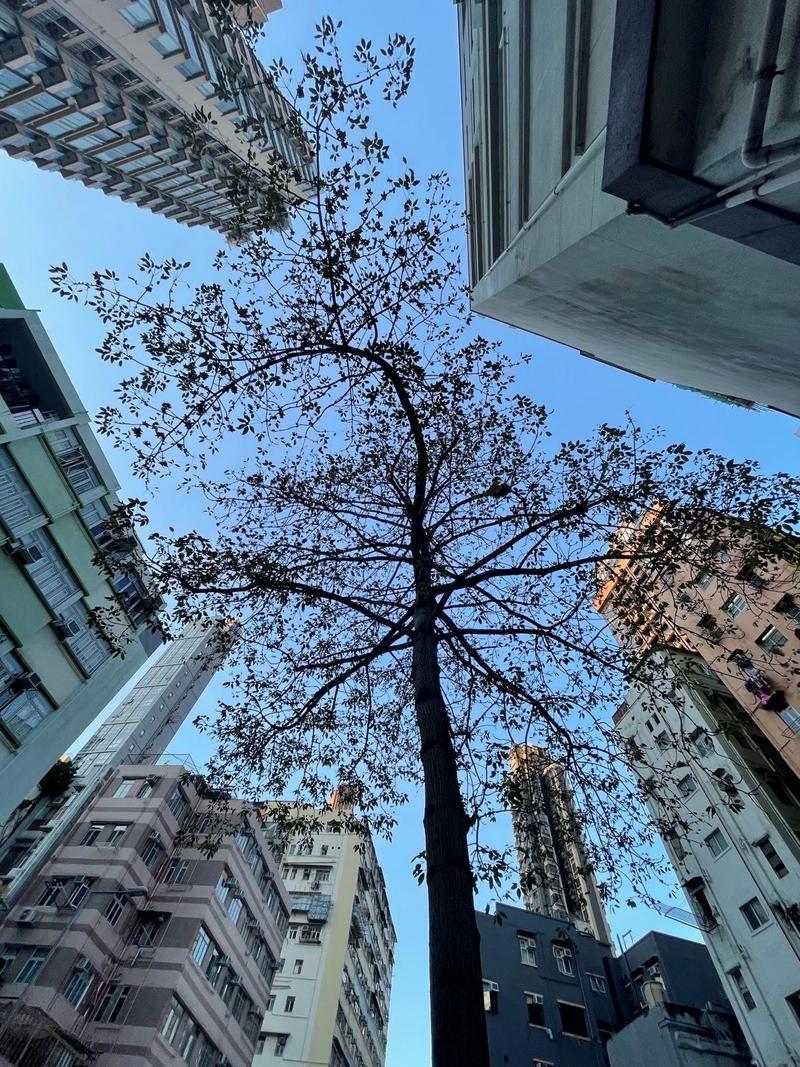
Hong Kong streetscapes, now a poet’s mindscape
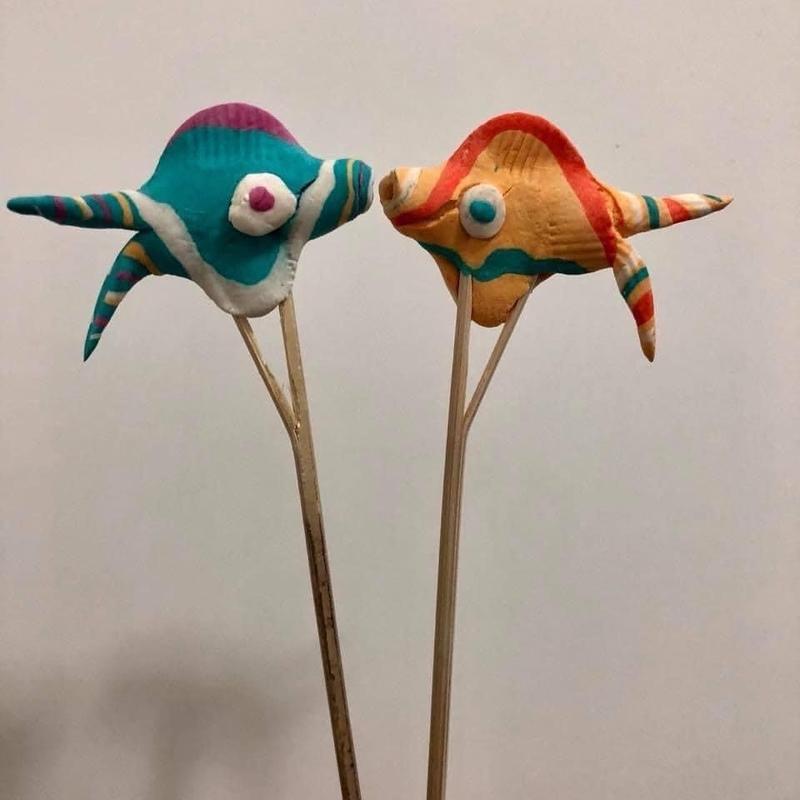
Traditional handicraft bought from a park in Kowloon City, which Eric brought with him to the UK.
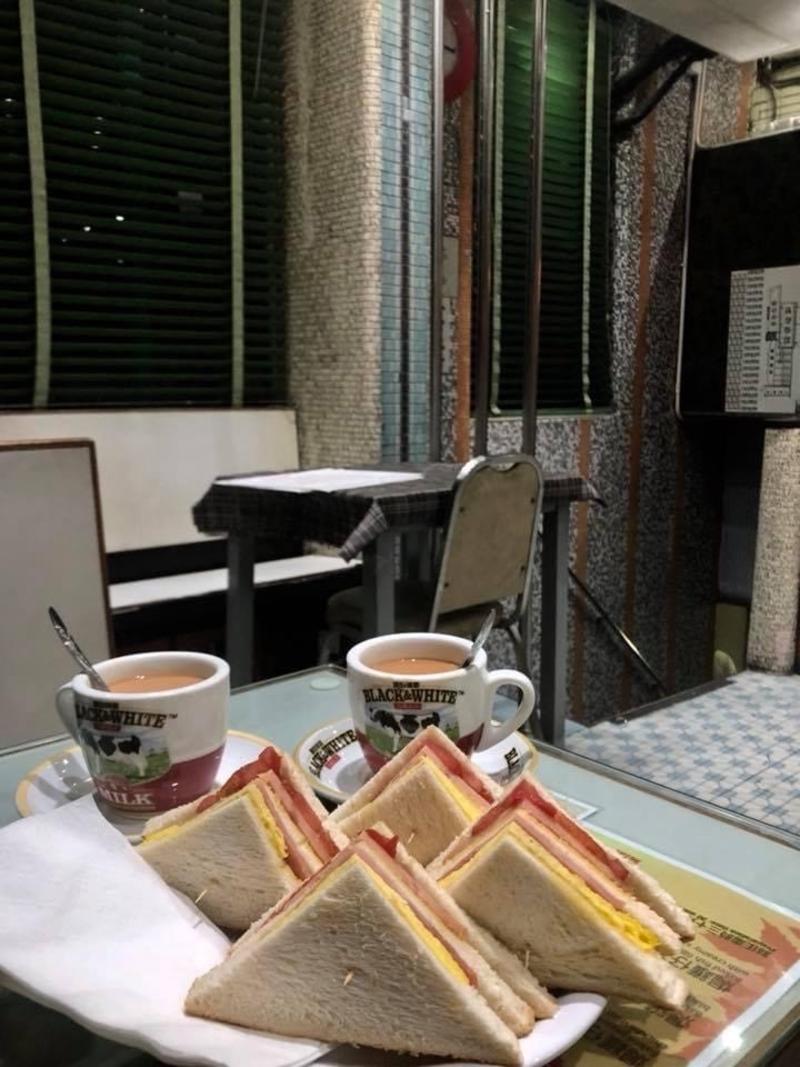
One of the old-style cafes in Yaumatei where Eric went (near where I used to live)
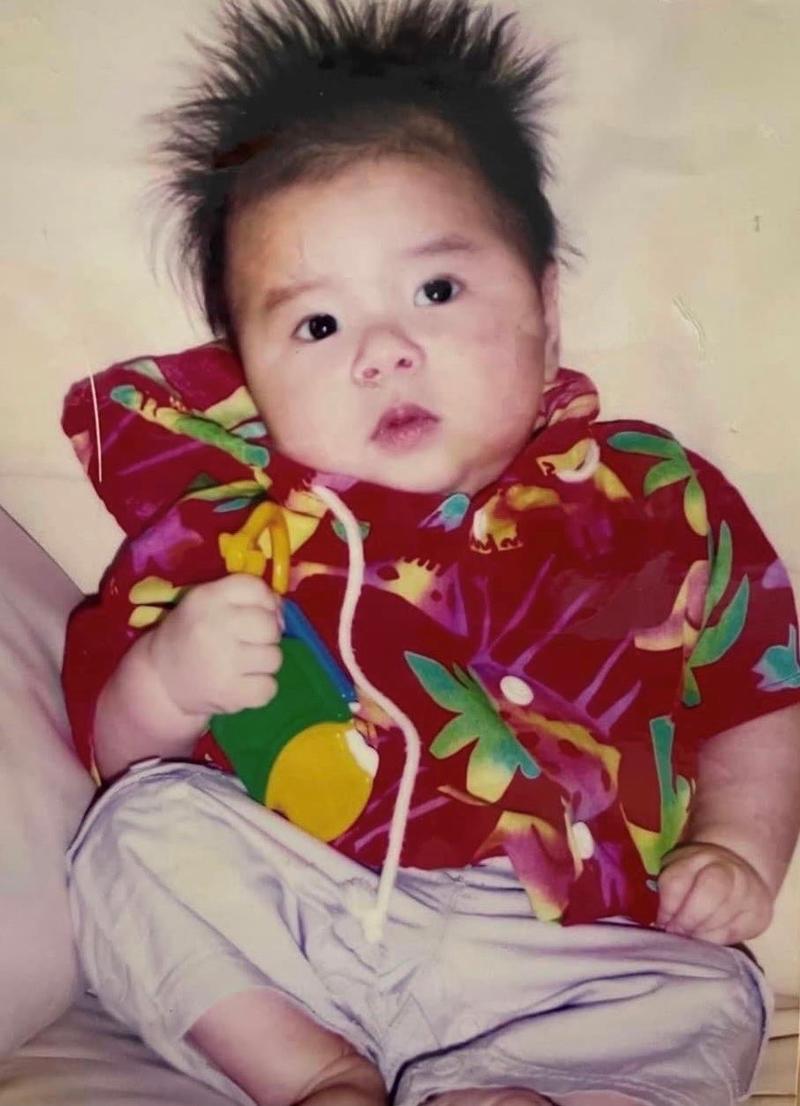
You can read more about Jenny Wong's Visiting Fellowship here.
